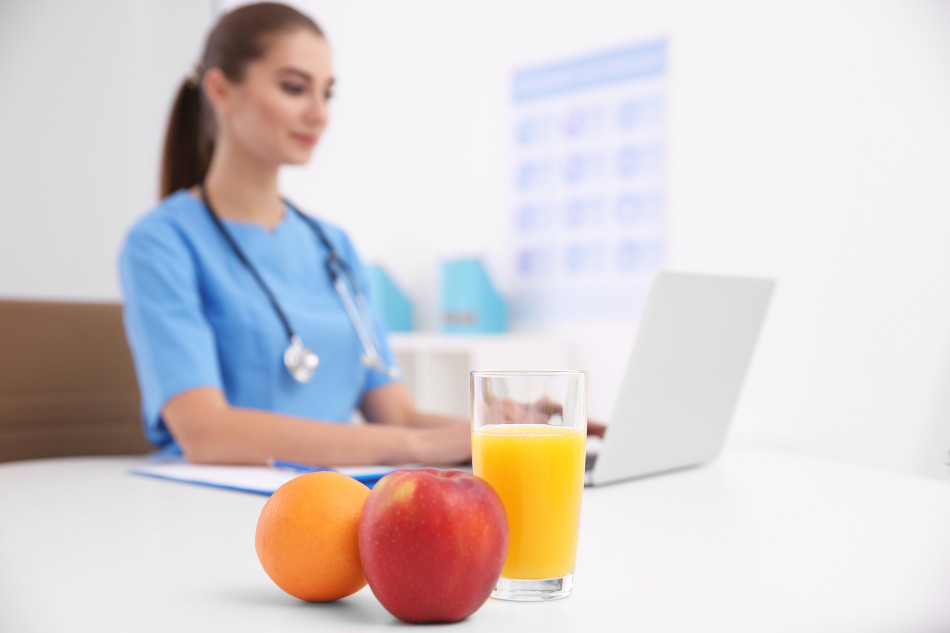Fruit juice and blood glucose control

Fruit juice and blood glucose control
1 min read
With the numbers of individuals with type 2 diabetes increasing across the world, examining the role that diet has in this condition is becoming of greater importance. 100% fruit juice contains similar total sugar levels to some sugar-sweetened beverages but the sugars in fruit juice only come from the fruit and are never added. This and their nutritional composition mean they typically have a different effect on blood glucose levels.
The glycaemic index (GI) is a method used to estimate the impact of a high carbohydrate food or drink on blood glucose levels. Like fruit, fruit juices are classified as low GI. For example, 100% orange juice has a GI of 50 compared with 43 for whole oranges. In contrast, sugar-sweetened beverages are classified as high GI and tend to have scores between 63-68.
A small study in 13 university students comparing consumption of whole oranges versus a matched serving of orange juice found no significant differences between them in relation to their effects on blood glucose concentration [1].
Another small study in normal weight adults found that both fresh and commercial orange juices reduced the blood glucose and insulin response compared with a sugar-containing control drink [2]. In obese participants the glucose response was initially similar to the control drink but for both types of juice the response was significantly lower 60 minutes after the drinks were consumed.
A systematic review and meta-analysis of randomised controlled trials, carried out in 2017, also suggests that 100% fruit juice has an overall neutral effect on glycaemic control [3]. When compared with the control drinks used in the trials, fruit juice had no significant effect on markers of glycaemic control such as levels of blood glucose or insulin.
There is some evidence to suggest that the polyphenols in fruit juice might be responsible for limiting sugar absorption after consumption. One small crossover study looking at the effect of one polyphenol, called hesperidin, found that orange juice gave a lower rise in blood glucose levels than a control drink containing all the constituents of orange juice minus hesperidin [4]. Laboratory studies show that hesperidin can influence the action of the GLUT2 and GLUT5 sugar transporters in the gut leading to a slower rate of sugar uptake.
Overall, evidence suggests that 100% fruit juice can have a neutral effect on blood glucose control, potentially due to the polyphenol content of juice which is comparable to whole fruit.
References
1. Papandreou D et al. (2019) https://pubmed.ncbi.nlm.nih.gov/31509979/
2. de Paiva et al. (2019) https://doi.org/10.1016/j.jff.2018.11.013
3. Murphy MM et al. (2017). https://pubmed.ncbi.nlm.nih.gov/29299307/
4. Kerimi A et al. (2019) https://pubmed.ncbi.nlm.nih.gov/30670104/
